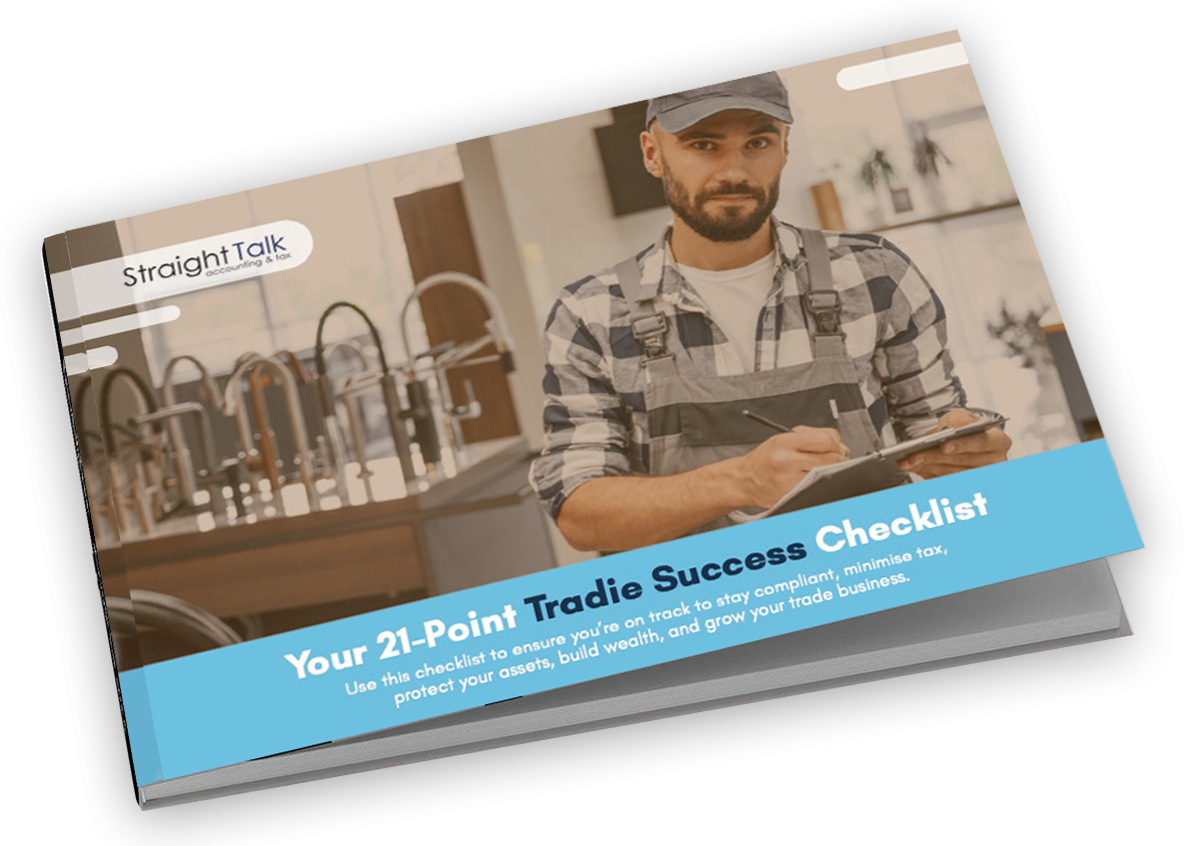If you’ve been struggling to get out of debt and save money, the good news is that it’s possible. The bad news? It takes a bit of work. But if you’re willing to put in some effort and make some sacrifices (like cutting down on your expenses), you can end up with more cash going into your pocket than ever before. So let’s take a look at what makes up these budgets so successful:
1. Budget for your expenditure
Budgeting is setting aside a certain amount each month to afford your expenses. This can be done in many different ways:
- Spreadsheets are available to download as an app on most computers. They allow you to make spreadsheets with information like income and expenses, then add up all your payments each week or month and see how much money comes in vs. goes out.
- Some smartphone apps allow you to create budgets based on categories such as groceries or personal spending (like eating out). Still, this method isn’t as helpful because it relies solely on what’s in your bank account at any given time rather than being able to track all sources of income over time.
2. Get rid of debt
- Debt is a burden.
- Debt can lead to bankruptcy, which can be very stressful and dangerous.
- Debt can also increase, making it difficult to pay off or manage your finances well.
If you have any debt, cutting it out of your life will help ensure you have enough money left over each month so that your bills are paid on time and never late again!
3. Invest smartly
- Investing is an excellent way to earn money.
- Investing is a way to make money grow.
- Investing is a way to make money last.
- Investing is a way to make money grow faster, and also it means that you will be able to get your retirement fund at a later stage of life so that you can enjoy yourself more than ever before when it comes down time for retirement!
4. Save up on what’s left
- Save up on what’s left.
- Don’t spend money on things you don’t need.
- Don’t spend money on things you don’t want.
A saved budget can mean more money going into your pocket.
It’s easy to get stuck in a rut when it comes to budgeting, but don’t worry! You can learn how to do it.
First, you need to know that budgeting is about more than just money. It’s about saving as much as possible for yourself, whether getting paid every week or taking on freelance work part-time so that you’ve got some extra cash in your pocket by the end of the month. The point is: Your cashflow should look something like this:
- Cash coming in (salary + overtime) > expenses – savings = discretionary funds
- If there are any leftover funds after paying bills and other debts, put them aside for future expenses (e.g., buying a car).
Conclusion
Hopefully, these tips will help you better handle your finances and lead to more money in your pocket. Making ends meet with no debt and a healthy investment portfolio is possible with some work.
If it helps, you are welcome to download our free Financial Independence Kit, which includes a 5-step, practical workbook showing you how to take control of your finances and a couple of other valuable tools. Download your Kit here and you start on the road to financial independence right now.
Please Note: Many of the comments in this publication are general in nature and anyone intending to apply the information to practical circumstances should seek professional advice to independently verify their interpretation and the information’s applicability to their particular circumstances.






